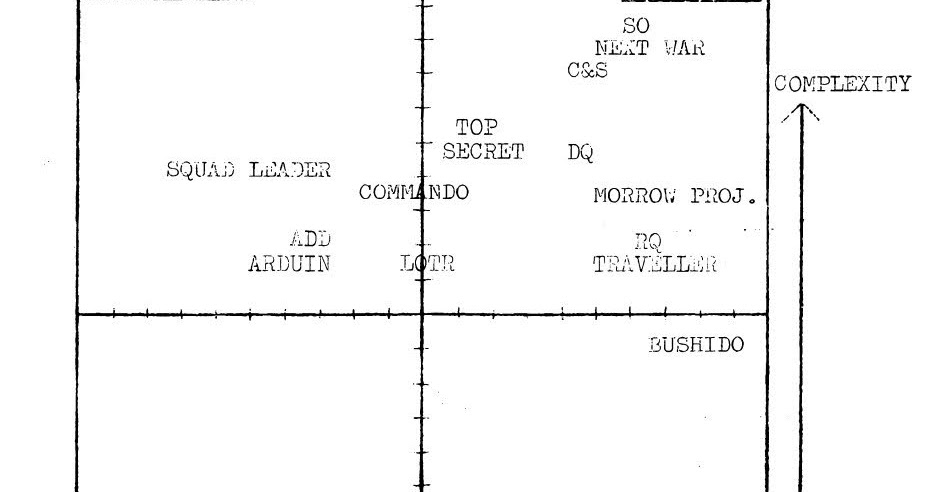Using D&D Beyond may be away around players actually owning the books personally, but it’s not a particularly good argument that D&D doesn‘t encourage owning the rule books.
D&D Basic Rules are available for free as a download; except for the classes and races, and multiclassing, most of the PHB rules content is presend in the PBR.
The DMBR has the encounter balance system, some advice, and the rules secton from the MM, as well as a rather broad subset of the MM entries.
So, no, the core of the game mechanics do NOT require the PHB nor D&D Beyond. Specific races and classes? sure.
In another thread, I stated that the main issue that many people (such as myself) have with the statement "system matters" is as follows:
"System matters" inevitably means that because it matters, some systems are better than others, and let me tell you why these systems are better ....
This, to me, is why the statement "system matters" is incredibly problematic.
Above, we see it in the way that I find worrying.
1. The statement that system matters.
2. The assertion that some system is "better" than other systems.
3. The confusion as to why the "better" system isn't played more.
[snip]
But the assertion that some systems are better (or worse) tends to breed resentment at best. People have very different preferences when it comes to gaming, and it is entirely possible that the success (or failure) of certain games is proof that in practice, people are voting with their dollars. In other words, people might not have the same preference for games, so it is best to continue to hope that people make a diversity of games (and systems), and that people continue to support that diversity.
There are systems that are quantitatively better in that they are easier to understand and not filled with toxic antisocial ideals... (EG: Just about anything is better than FATAL, even the 20+ typos per page of Road Rebels... At least RR isn't encouraging a mindset where raping and sexual vioence are fetured parts of the almost indecipherably bad except for the tables rulesets; FATAL is literally built to be able to provide detailed results of PC's raping and being raped.
A game that is hard to understand, or which is filled with vileness, is objectively not a good game. As is one with rules that don't provide enough to actually grasp the mechanics.
Better in this context obviously is relative to some goal. I've spelled some of that out in my post and implied more.
[snip]
What is quite ironic about this is that those posters, and RPGers, who assert that system matters are the ones who are playing and supporting a diversity of games. (The iterative causation here is obvious: playing multiple diverse systems will quickly reveal that system matters, and the fact that system matters is what generates the desire to play a diversity of systems, to get those different experiences.)
It is those who play only D&D or its immediate derivatives who most prominently deny that system matters, and who most prominently sneer at the diversity of games.
Nothing ironic about it at all...
I'm minded of a bloke who posts over on RPGG a lot. He doesn't understand why RPGs work for other people, and he has hated every RPG ruleset he's used. He also gets hostile when people suggest maybe he needs to find a different hobby...
And yes, better is relative... but certain measures (intelligibility) are objective. FATAL, for example, is not the worst written game I've seen from a technical standpoint, but it makes Kevin Siebieda before the spellchecker look competent. It's objectively mediocre
as a ruleset because it is unclear. It's also so toxic even Pundit avoids saying anything nice about it, but that is a subjective measure.

 playingattheworld.blogspot.com
playingattheworld.blogspot.com





